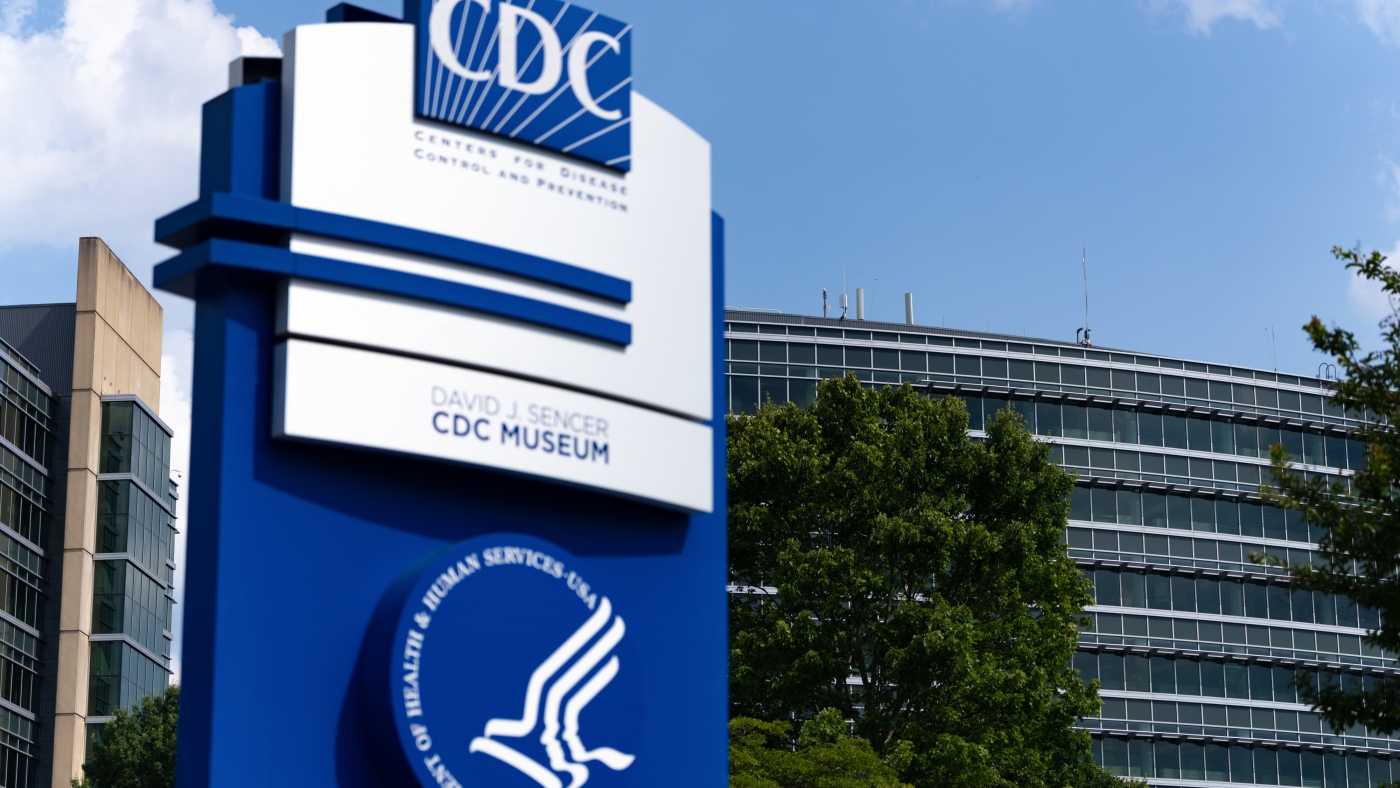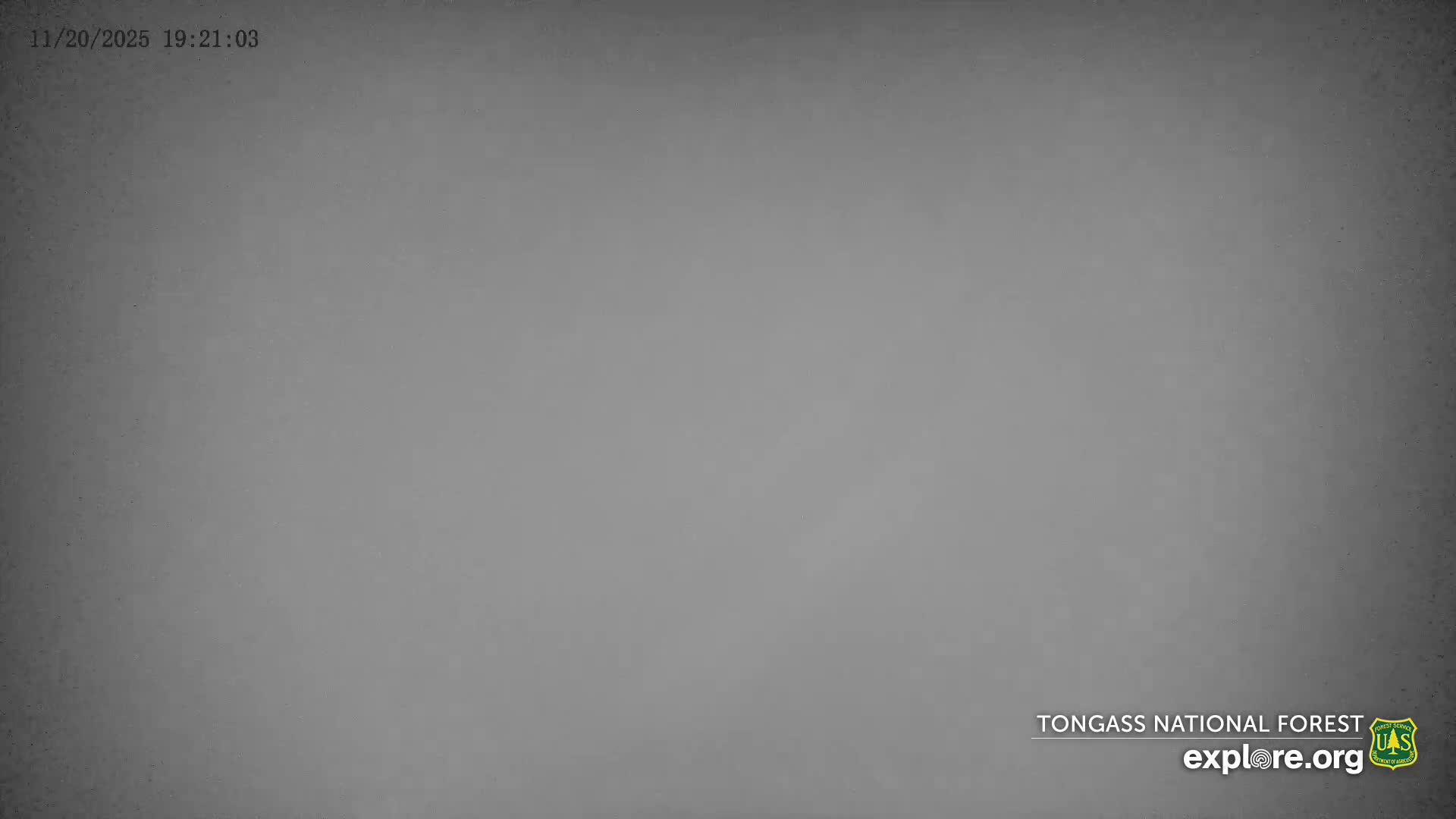CDC Reverses Stance on Vaccine-Autism Link, Drawing Alarm from Public Health Experts Amid RFK Jr.'s Influence
 United States
Public Health Policy
United States
Public Health Policy

The CDC now states a vaccine-autism link cannot be ruled out, reversing its previous stance. This change, influenced by RFK Jr., alarms public health experts co
CDC Reverses Stance on Vaccine-Autism Link, Drawing Alarm from Public Health Experts
The Centers for Disease Control and Prevention (CDC) has recently sparked significant concern among medical professionals by altering its website to suggest that a causal relationship between childhood vaccines and autism cannot be definitively dismissed. This move marks a stark reversal from the CDC's previously firm position that no such link exists, a stance supported by decades of robust, high-quality scientific research globally debunking the vaccine-autism myth.
Influence and Alarm Bells
The controversial change is widely attributed to the influence of Health Secretary Robert F. Kennedy Jr., a vocal proponent of previously discredited claims regarding vaccine safety. Public health experts are particularly alarmed, as this development coincides with an already troubling decline in childhood vaccination rates, which has contributed to a resurgence of preventable diseases like measles and whooping cough.
Experts Condemn "False Information"
Dr. Susan J. Kressly, President of the American Academy of Pediatrics, strongly condemned the CDC's update, stating it promotes "false information." She emphasized that over 40 high-quality studies across seven countries, involving more than 5.6 million individuals since 1998, have unequivocally concluded there is "no link between vaccines and autism." Dr. Kressly urged the CDC to cease amplifying "harmful myths" that undermine essential childhood immunizations.
HHS Defense and Counterarguments
Andrew Nixon, a spokesperson for the Department of Health and Human Services (HHS), defended the website change to NPR, asserting that the claim "vaccines do not cause autism" is not evidence-based because studies haven't "ruled out the possibility that infant vaccines cause autism." Nixon indicated that HHS has initiated a comprehensive assessment into the causes of autism, including potential biological mechanisms and causal links. However, the Autism Science Foundation criticized this statement for demonstrating a "lack of understanding of the term 'evidence,'" noting that vaccines are among the most thoroughly studied environmental factors regarding autism.
Dr. Paul Offit, a pediatrician and director at the Vaccine Education Center, characterized the CDC's new phrasing as typical "anti-vaccine tropes," involving misrepresentation and false equivalence. He likened the argument to claiming "chicken nuggets might cause autism because you can't prove that either."
Internal Dissent at the CDC
The website changes reportedly "blindsided" career scientists within the CDC, with Dr. Demetre Daskalakis, a former top agency official, revealing that scientists were excluded from its creation and the data presented is "unvetted." Two anonymous current CDC staffers echoed these concerns, telling NPR that the updates are "anti-science" and render the agency's vaccine information incredible.
Broader Policy Shifts Under Kennedy Jr.
These actions represent the latest in a series of decisions by Secretary Kennedy Jr. that challenge mainstream medical consensus on vaccine safety and efficacy. Critics contend these moves are recklessly eroding public trust in vaccines, fostering hesitancy, and endangering children. The U.S. is now at risk of losing its eliminated measles status.
Earlier this year, Kennedy Jr. replaced all members of the CDC's influential Advisory Committee on Immunization Practices (ACIP) with his own appointees. The new ACIP committee has already called for the removal of thimerosal from some flu vaccines, despite safety concerns about this preservative also being debunked. Furthermore, federal health agencies under Kennedy Jr. have reportedly complicated access to COVID-19 vaccinations and canceled grants for new mRNA vaccine technologies. The administration has also promoted an unsubstantiated link between acetaminophen and autism, and advocated for leucovorin as an autism treatment with scant evidence.
Potential Overhaul of Childhood Immunizations
An ACIP working group is exploring more drastic changes, including removing aluminum compounds used as adjuvants to enhance vaccine effectiveness—substances used safely for nearly a century. They are also considering separating the MMR (measles, mumps, rubella) vaccine into individual shots and delaying the hepatitis B vaccine, traditionally given at birth. Public health experts warn these changes are scientifically unsound and would dismantle the national childhood vaccination schedule, leaving children vulnerable to long-controlled diseases like hepatitis B, which can lead to liver failure and cancer.
Lingering Discrepancies and Political Undertones
Despite these changes, a footnote on the CDC's main webpage for autism and vaccines acknowledges a header still proclaiming "Vaccines do not cause autism*." This footnote indicates its retention is due to "an agreement with the chair of the U.S. Senate Health, Education, Labor, and Pensions Committee." NPR sought comment from Louisiana Republican Sen. Bill Cassidy, who chairs this committee and supported Kennedy's nomination, but received no immediate response.
This situation highlights a concerning shift in public health communication, potentially jeopardizing decades of scientific progress and public trust in vital immunization programs.





